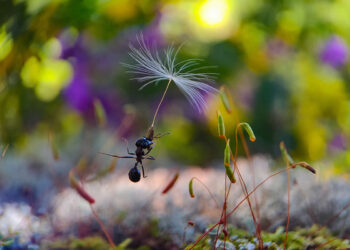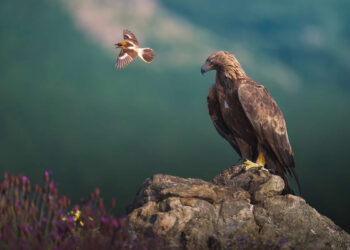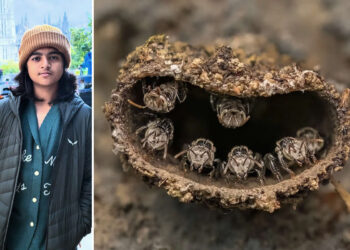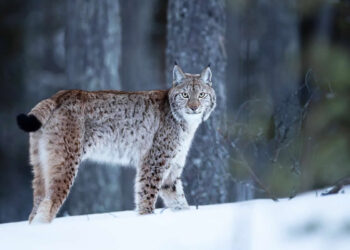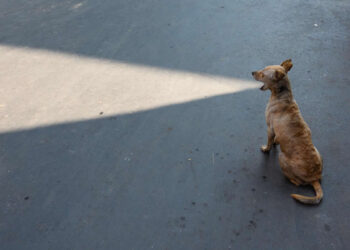The reFocus Awards proudly unveil the triumphant recipients of the 2023 Black and White Photo Contest, featuring captivating entries from 77 nations.
Distinguished by its monochromatic allure, the competition delineates between professional and non-professional spheres. Bill Pack emerges as the eminent professional victor, clinching the title for his spellbinding “CarScapes” series, where classic automobiles metamorphose into sensuous entities through the artistry of inventive lighting and composition.
In a parallel realm, the non-professional category celebrates the poignant beauty of an everyday odyssey, as illustrated by Serkan Dogus’s poignant depiction of a shepherd’s sojourn in Turkey, claiming the coveted top honor.
Now in its second year, the reFocus Awards encompass diverse categories such as abstract, aerial, film/analog, and people. The professional category bestows a $2,500 cash prize upon the victor, while the non-professional counterpart garners a noteworthy $1,500 in recognition of their exceptional photographic prowess.
Scroll down and inspire yourself. Check reFoucs website for more information.
You can find more info about reFocus:
#1. Contest Winner: 1st Place – CarScapes by Bill Pack

“The sensual lines and curves of the cars featured in “CarScapes” are not merely functional or utilitarian; they are transformed into objects of beauty and desire. I draw parallels between the artistry of car design and the beauty found in natural landscapes and the human body.”
#2. Contest Winner: 2nd Place – The last gigant of the hell by Antonio Flores
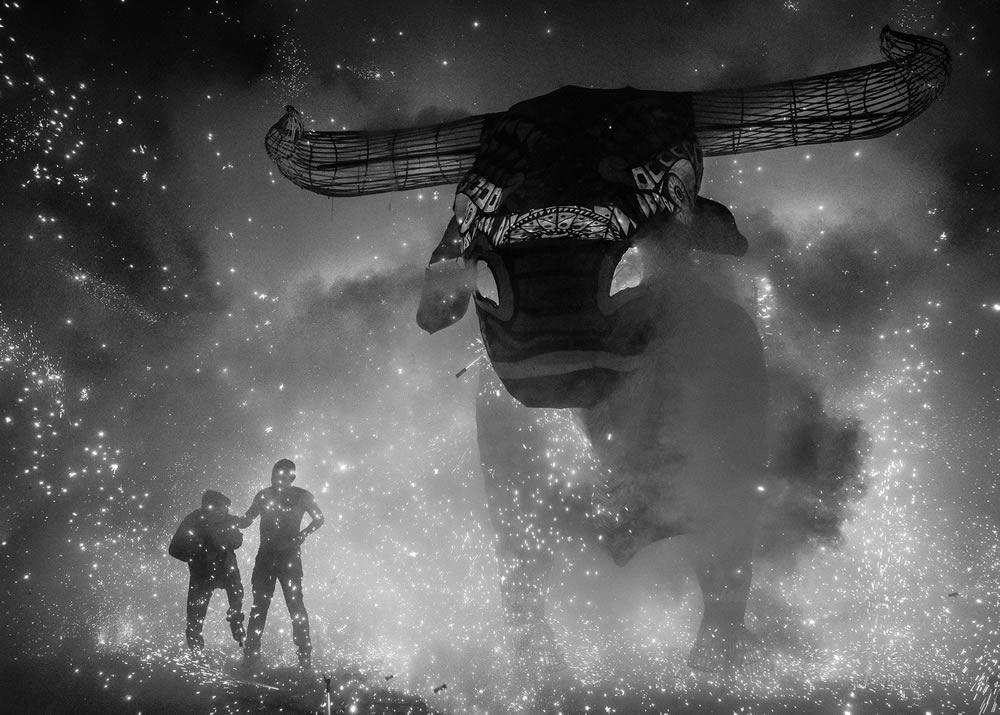
“From the depths of hell emerges a gigantic and imposing horned beast.
BOOM! sounds and everything is reached by the flames and sparks that burn the body of a couple of men who stay under it to receive the shower of sparks and the fury of the bull as part of its ritual and offering blood to the fire.”
#3. Contest Winner: 3rd Place – Buzzer midge by Pedro Luis Ajuriaguerra Saiz
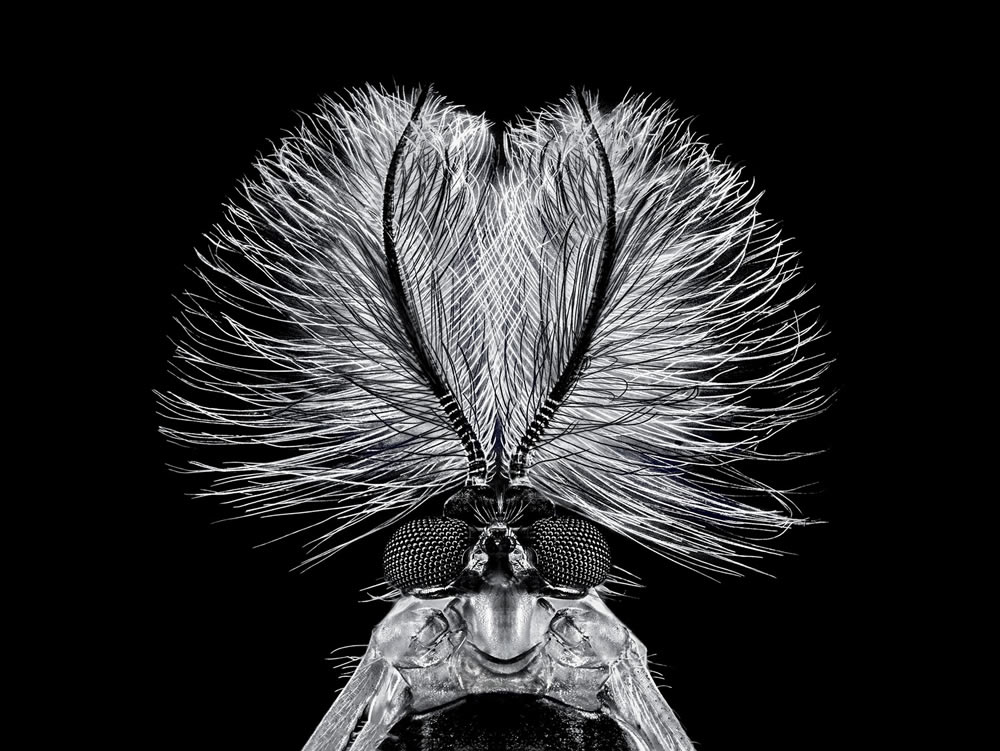
“Chironomus plumosus mosquito it is a mosquito that does not bite, its mouthparts are very reduced and, in addition, it does not feed either. This family is widely distributed in the world. The name “plumosus” is referred to by the pair of feathery antennae that stand out in the male.”
#4. Abstract: Gold – A Tributary In The Abstract by Pat Kennedy Corlin

#5. Abstract: Bronze – Singing Bird by Ching Kai Lee

#6. Aerial: Gold – Tree of Life by Julie Kenny
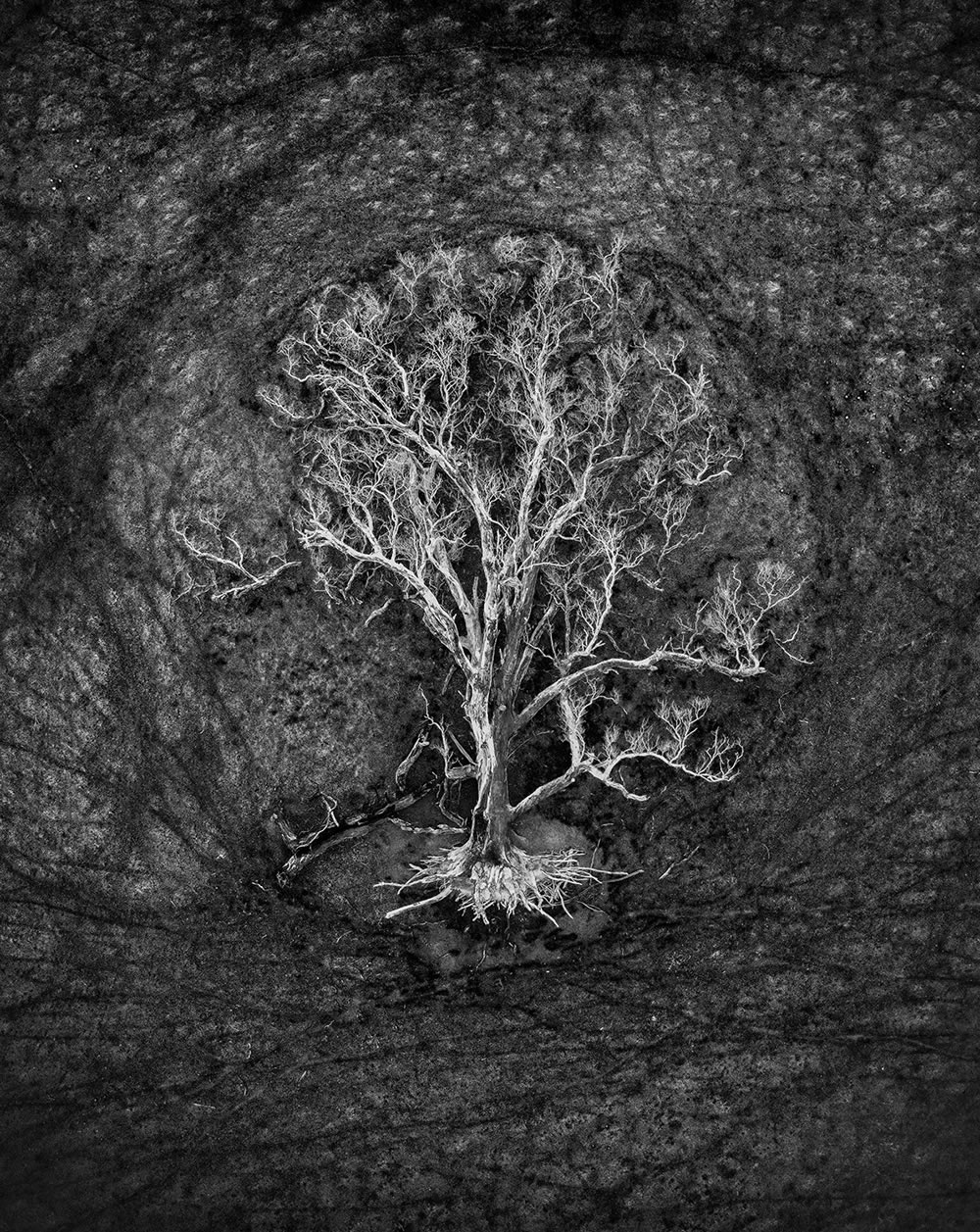
#7. Aerial: Bronze – A Cold Road by Tomáš Neuwirth
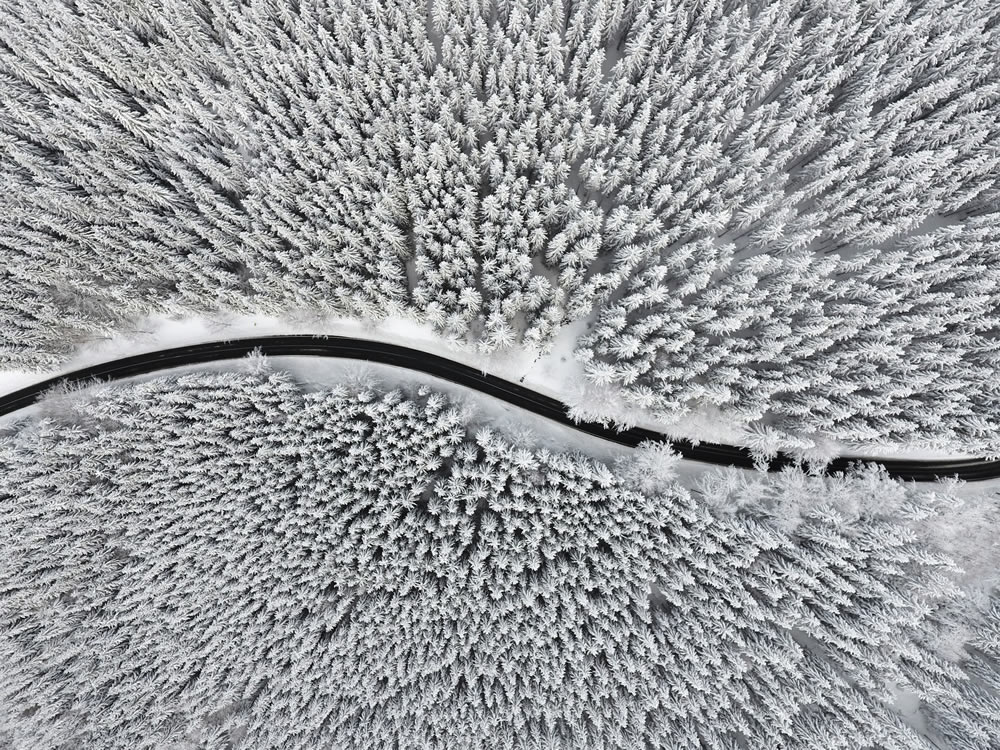
#8. Architecture: Gold – Eye of the Sea by Hilda Champion

#9. Architecture: Silver – Augustinerhof by Garnet Köning

#10. Conceptual: Gold – Remnants by Kris Desautels
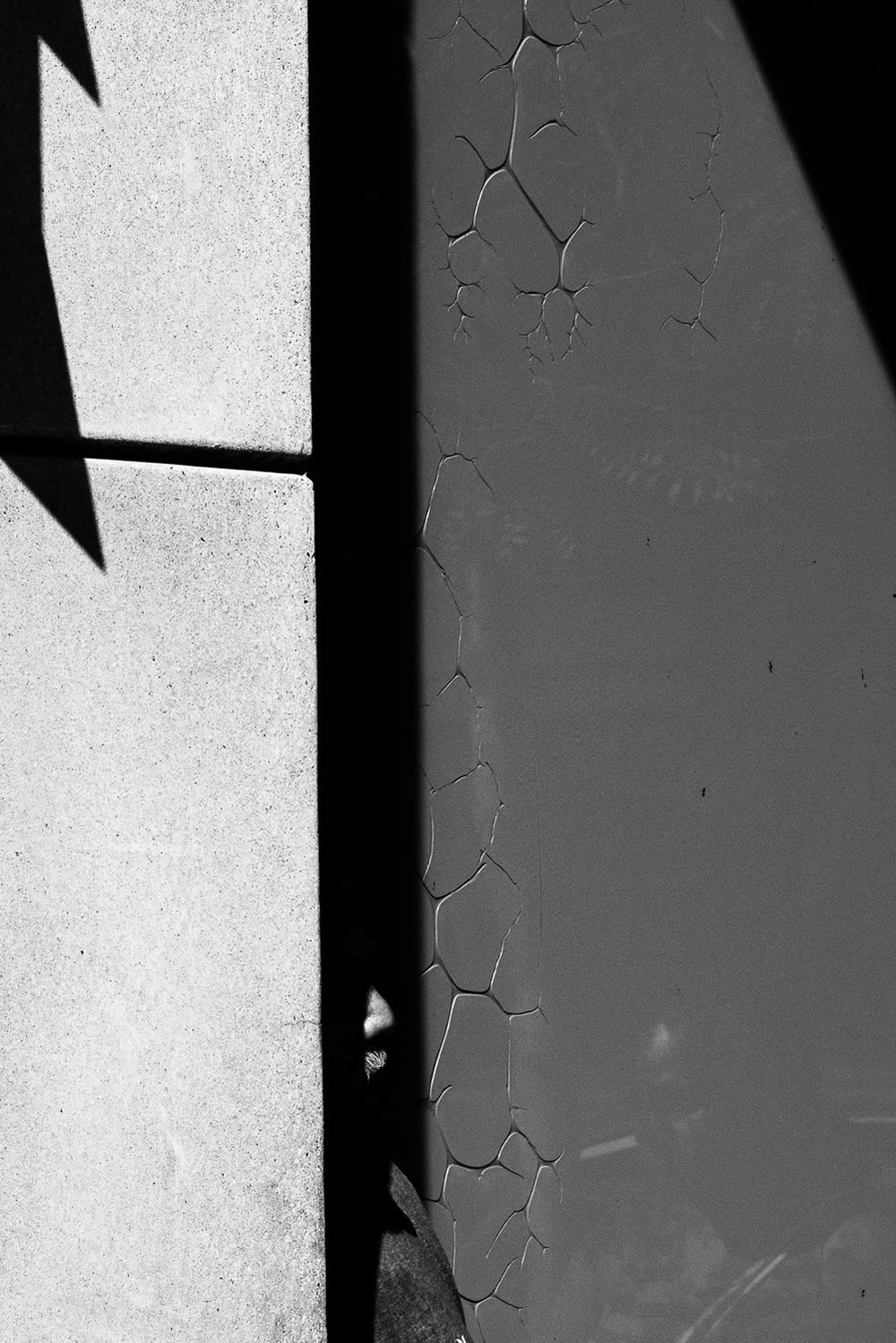
#11. Conceptual: Silver – The hidden way by Mehdi Nazeri

#12. Domestic Animals: Silver – Nature’s black and white by Fleur Scholte
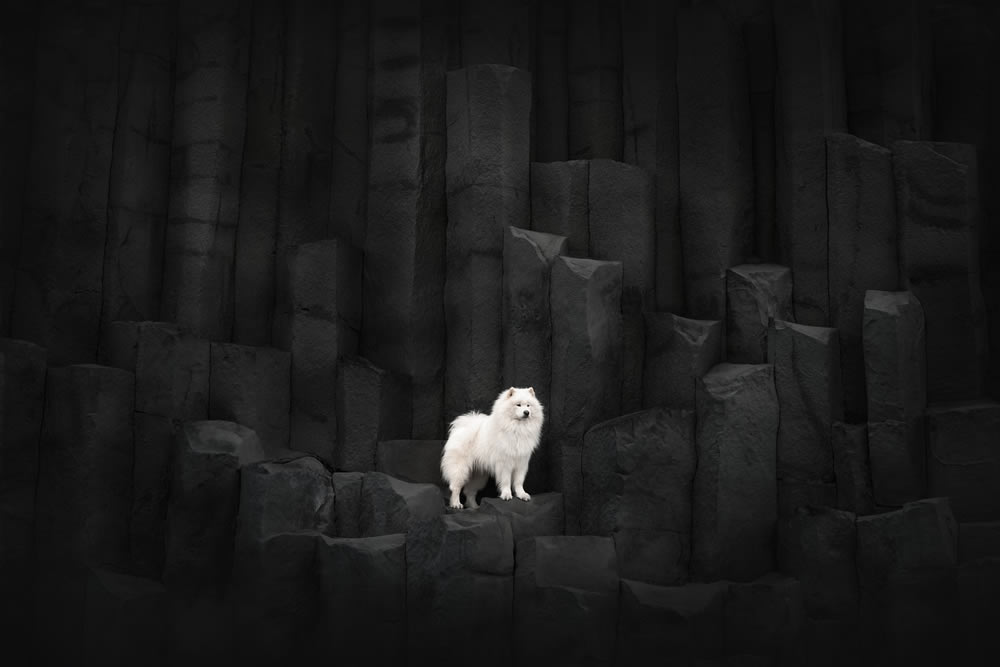
#13. Domestic Animals: People’s Vote Award – Dreamy by Barbara Pustelnik
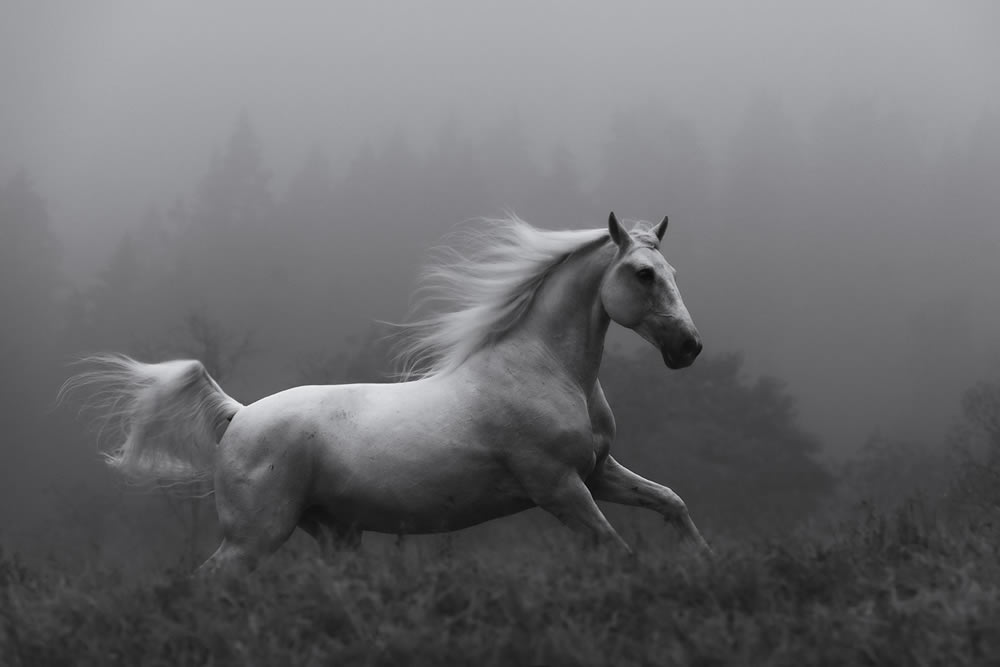
#14. Event: Gold – The Last Turn by Laurie Thomson

#15. Event: Silver – Soatanana by Denys Kutsevalov

#16. Fashion & Beauty: Gold – Mayti Series by David Allan Brandt

#17. Fashion & Beauty: Silver – Pearls by Olivia Mazzola

#18. Film/Analog: Gold – Living History – Lincoln’s by Ruben Hamelink

#19. Film/Analog: Silver – Sara by Angélique Boissière

#20. Fine Art: Gold – Rebirth by Michael Potts

#21. Fine Art: Silver – Stairway to Heaven by Ivana Miletic

#22. Landscapes: Gold – Essence of Huangshan by Kent Burkhardsmeier

#23. Landscapes: Bronze – Enigmático Desierto by Paulo Olivier Hanshing

#24. Minimalism: Gold – Untitled by Drew Hopper

#25. Minimalism: Silver – Emu Point Jetty by Julie Kenny
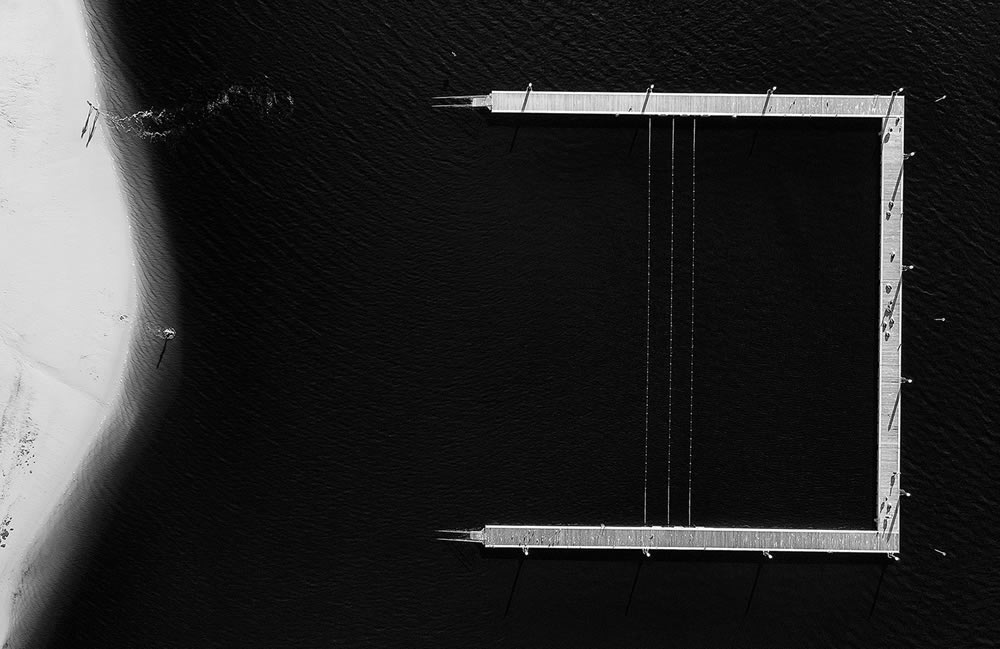
#26. Nature: Gold – The Wait by Csaba Tokolyi
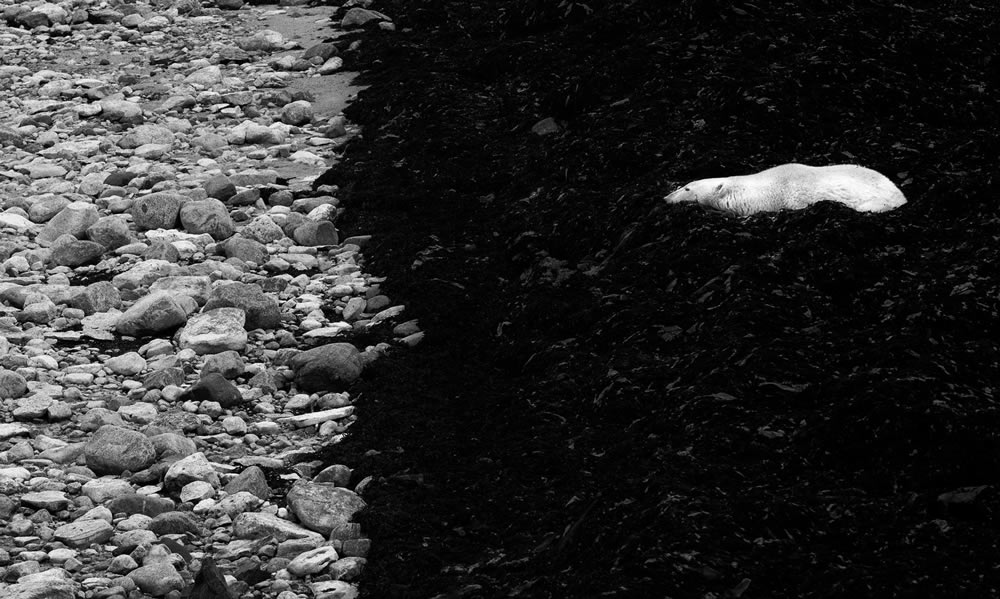
#27. Nature: Silver – Moods by Pietro Luraschi

#28. People: Gold – Cary, Axiuli and Haytoo by James Clifford Kent

#29. People: Bronze – The last Incas | Q’ero People by Aga Szydlik

#30. Portrait: Silver – May the Winds Blow by Javiera estrada
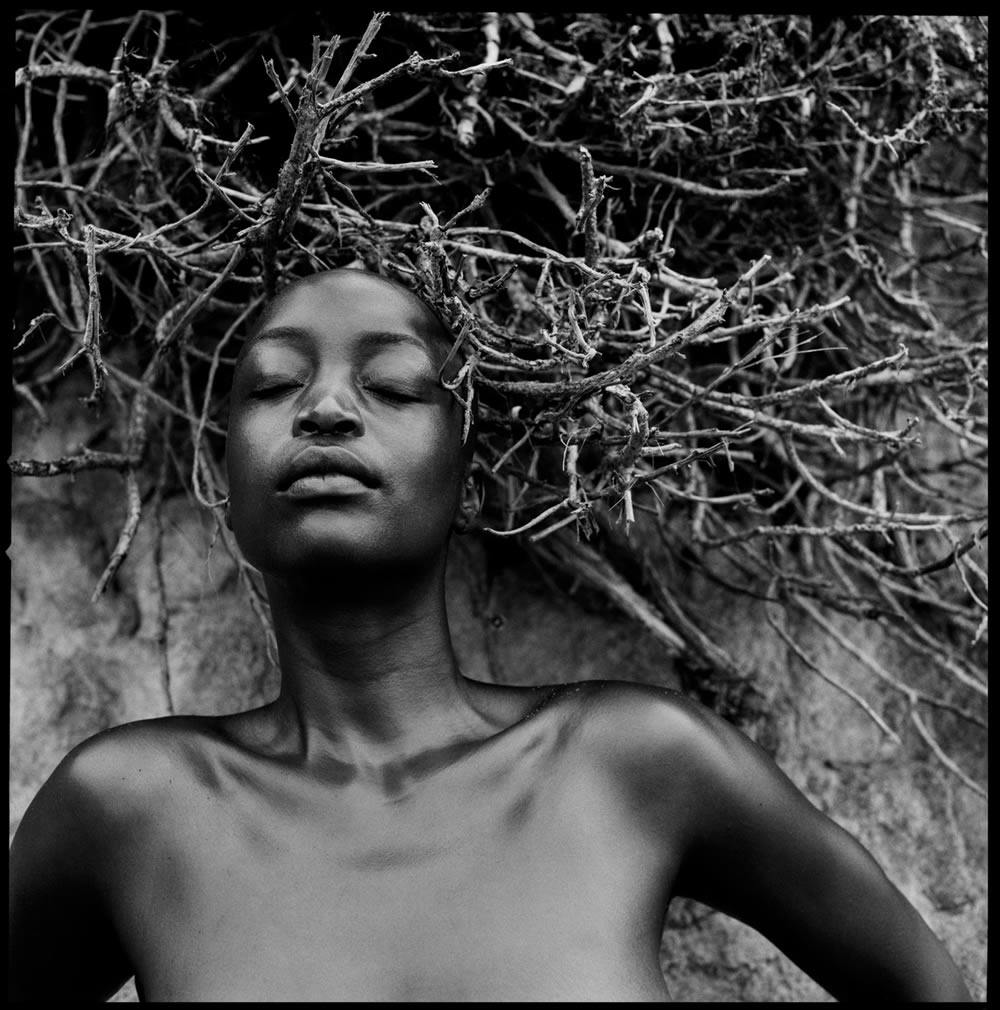
#31. Portrait: Bronze – Freckled Beauty by Gabriela Homolová

#32. Still Life: Gold – Mirage by Shunya Tomita

#33. Still Life: Silver – Final Bow by Renee Giffroy
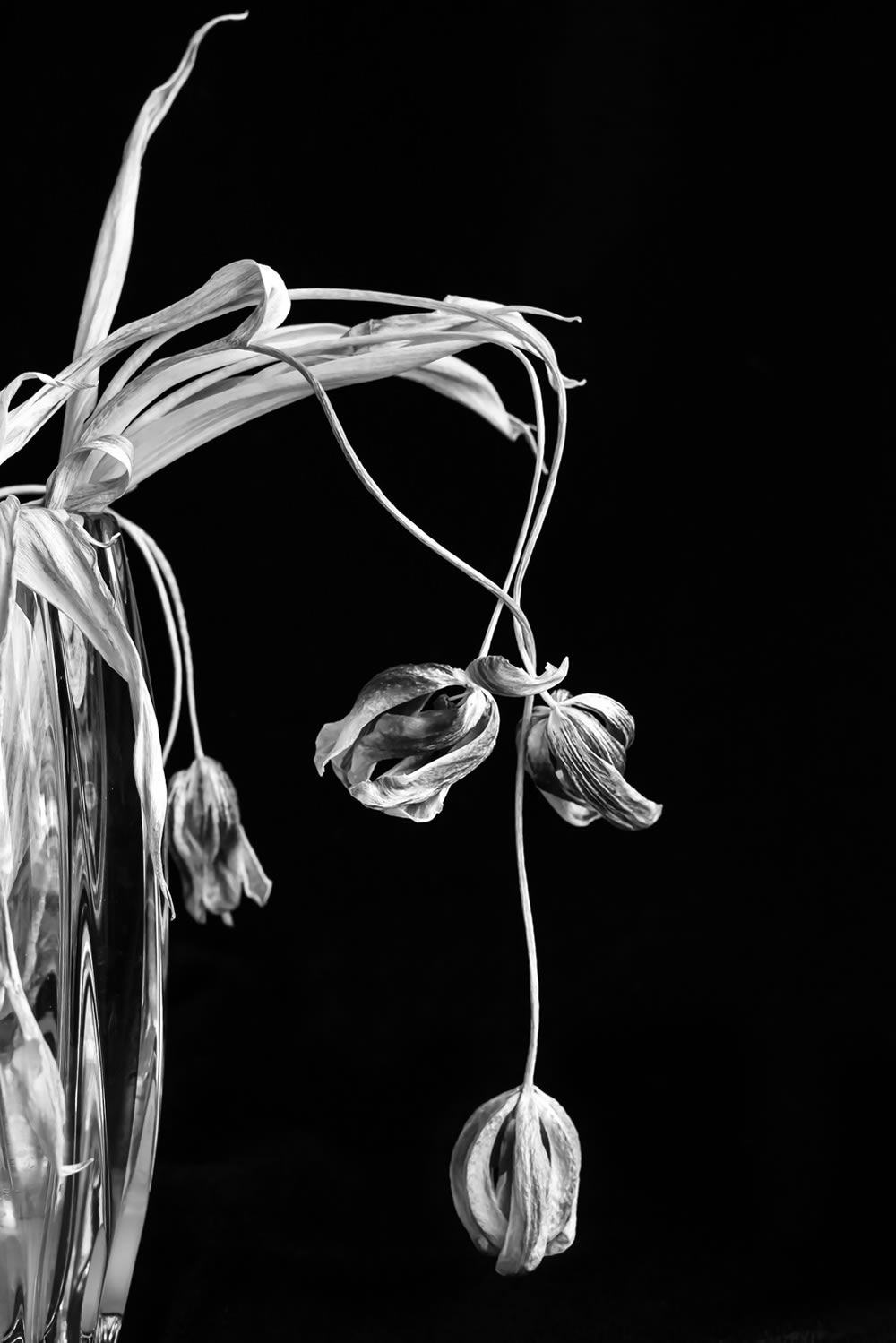
#34. Street: Gold – Commuters India by Sascha van der Werf

#35. Street: Bronze – The Commuters Vienna by Sascha van der Werf

#36. Travel: Gold – The Last of the Eagle Hunters by Rachel Rudwall

#37. Travel: Silver – Women from Ollantaytambo by Steve Carr
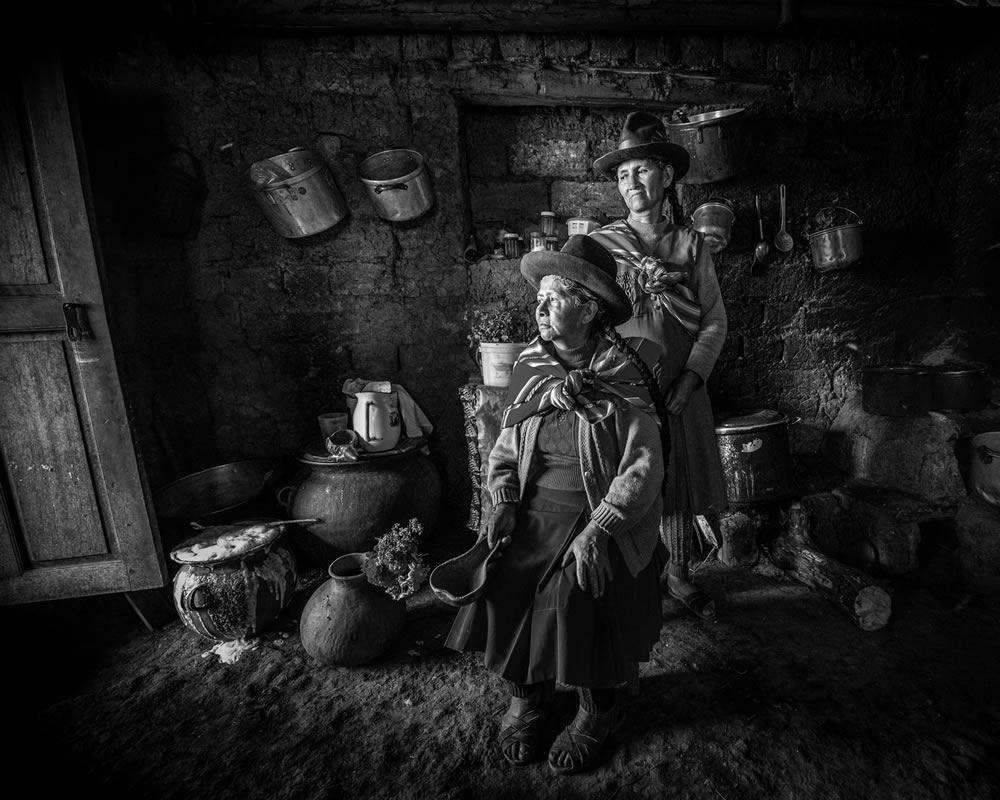
#38. Wildlife: Gold – Queen of the North by Sushil Chauhan
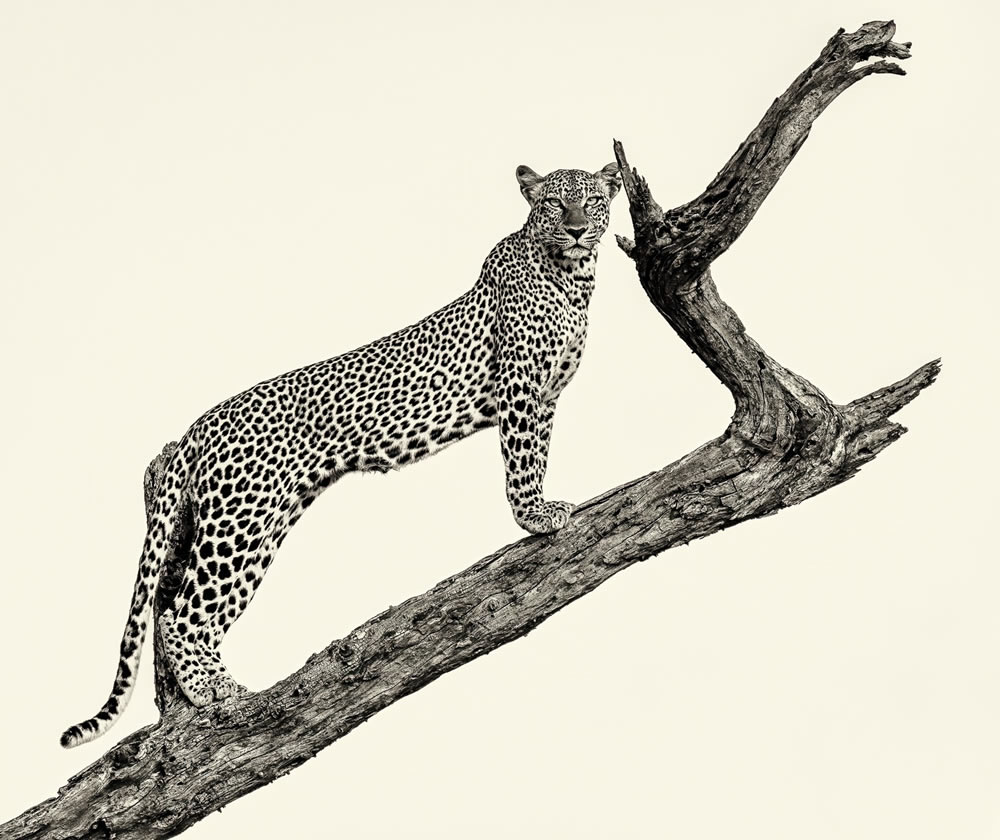
#39. Wildlife: Silver – Mahoosive by Deanna DeShea
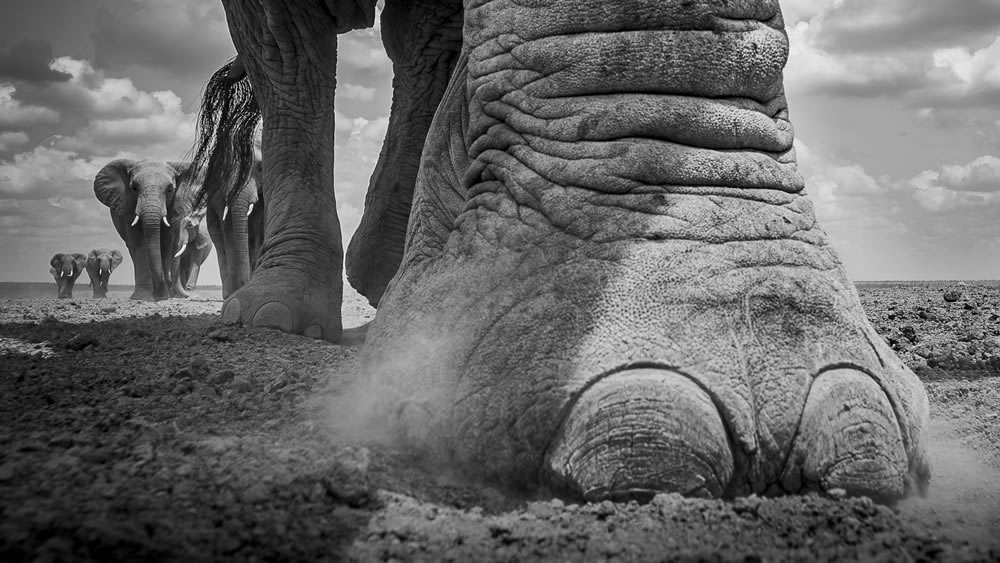
#40. Wildlife: Silver – Resolute by Marie Frankel



